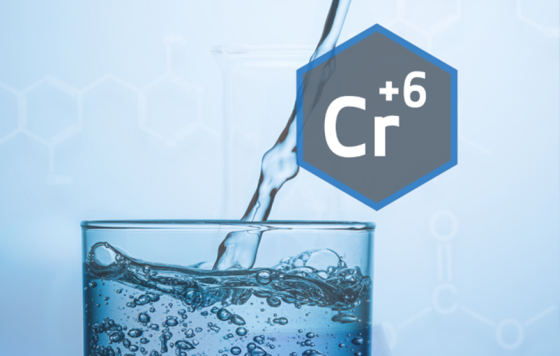
Working to guarantee access to clean, safe drinking water has been a central struggle of humanity. And while much progress has been made in Massachusetts, there are still homes, businesses, schools, and childcare centers in Massachusetts that receive their drinking water via lead service lines. Homes that are served by lead service lines face an elevated risk of being exposed to lead daily through their drinking water.
There is NO safe level of lead exposure for children or adults, but children under six and pregnant people are the most vulnerable to lead exposures with children potentially suffering permanently reduced cognitive ability.
World Water Day serves as a reminder for all of us that advocating for the sustainable management of fresh water resources is key to the survival of all life on earth, and a responsibility we as world residents all share. This World Water Day, I’d like to talk to you about an important step towards guaranteeing that fresh drinking water isn't contaminated during its journey to your tap. Our #GetTheLeadOut campaign seeks to remove all lead service lines from Massachusetts so that every child in our state gets a healthy start.
The health impacts of lead span the entire body. In adults, high lead levels can lead to symptoms ranging from joint aches and fatigue to numbness, memory loss, and depression. Pregnant people exposed to lead are at a higher risk of gestational hypertension, and lead stored in the bones from previous exposures can be released back into the bloodstream during pregnancy (and during menopause!). But young children are uniquely vulnerable because lead exposure can negatively impact their development and cause lifelong impairments including behavioral problems and lower IQ.
These risk burdens are not distributed evenly. Because the cost of replacing lead service lines has been mostly shouldered by municipal governments and individuals, wealthier communities and residents are more likely to have their lead service lines identified and replaced than residents with fewer financial resources. This leads to a persistent racial gap in access to clean, safe drinking water with Black children more likely to have elevated blood lead levels than white children, even as the total number of children exposed to lead has dropped.
So what are we doing to fix this persistent environmental injustice? Organizing. Clean Water has been working on the ground in Chelsea and Malden with trusted community partners and elected officials to make sure every family is able to determine whether they have a lead service line and access funding to fully remove and replace it. And with federal money becoming available to states from the Bipartisan Infrastructure Act and the America Rescue Plan, we have a once in a lifetime opportunity to expand into other communities across Massachusetts who need this funding the most.
Right now, Clean Water Action is preparing to launch a focused effort to help family childcare facilities in overburdened communities protect the Commonwealth’s youngest residents from lead. Our efforts will help in-home daycare providers identify lead in water threats, take immediate steps to protect kids, and access funding to replace their lead service line. In-home daycares meet a critical childcare need, so it is important to ensure they are prioritized in the race to #GetTheLeadOut of Massachusetts.
You can take action! Send a message to your state legislators urging them to support our Healthy Futures for All legislative package, a group of bills that will make Massachusetts cleaner, healthier, and safer for everyone, especially the youngest residents of the Commonwealth. Included in the package are two bills to protect kids from lead in drinking water.
- An Act ensuring safe drinking water at schools (H.851/S.526) requires school and childcare facilities to test their drinking water outlets for lead and mandates remediation if elevated lead levels are found.
- An act relative to lead pipe safety (H.3633) would speed the process of locating and replacing dangerous lead service lines across the state by adding lead service lines into the existing lead poisoning detection program. It also requires the disclosure of lead service lines to homeowners and renters and establishes a fund to help homeowners replace lead service lines.
It’s going to take legislative action, federal funding, private grants, and, of course, grassroots organizing, to protect Massachusetts kids from lead. On this World Water Day, we commit to fighting until everyone has access to clean water.



